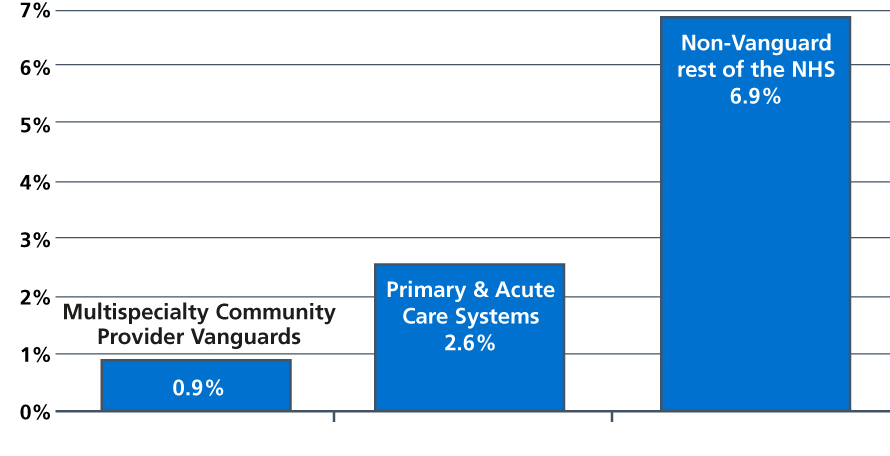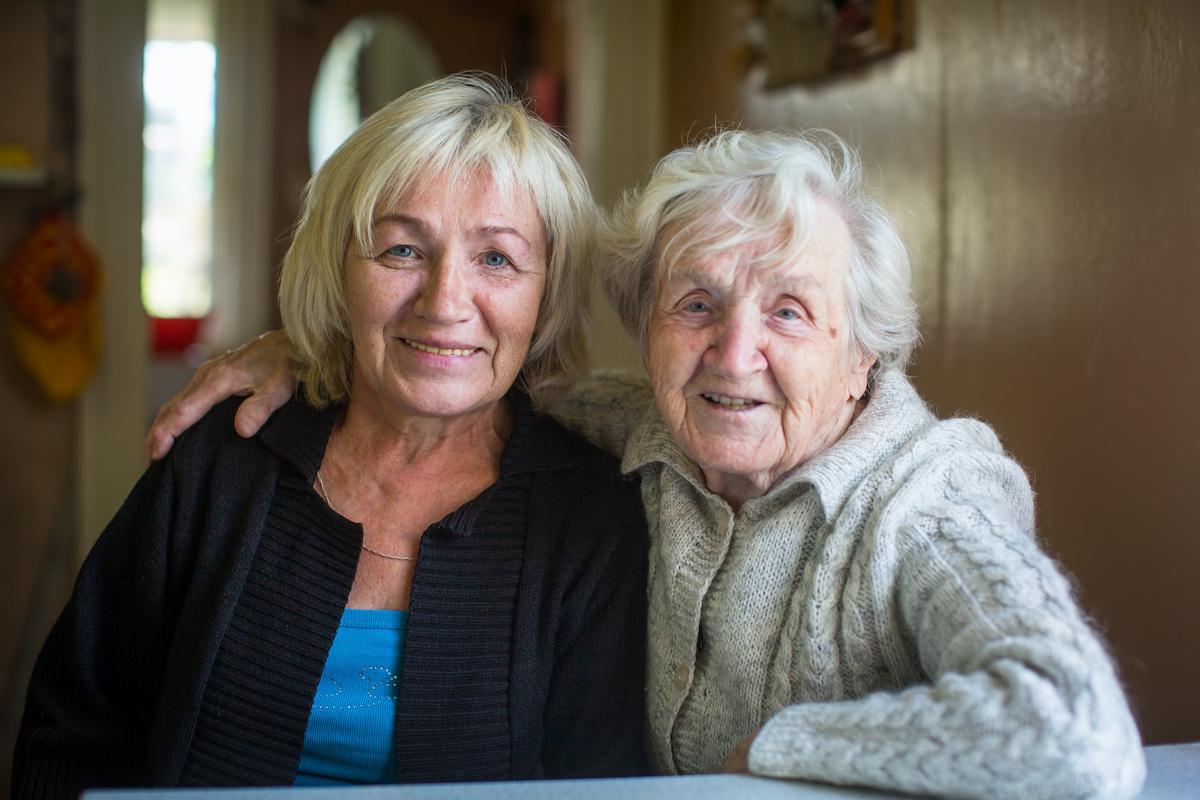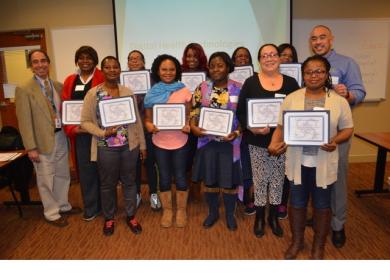
Growing older populations bring with them a lot of responsibility. While the issue is complex, the fact that more people are living longer than ever is a topic of much debate. One question is whether the aging population should either be cared for by the families or by a professional organisation. These are some things to consider when planning your family's elderly care. These tips will be of assistance.
Questions
There are many issues and conflicts that can arise as a caregiver for your parent. These conflicts can arise regarding financial burden, effort payments, living arrangements, and any other issues that are important to the family member. Despite your best efforts to avoid conflict, you may encounter a range of situations that might require professional help. But there are ways to avoid these conflicts. To begin with, it is important to be sympathetic to the financial and emotional positions of your siblings. If possible, try and make peace between the two of you.

Content analysis
This article describes the content analysis for a website about family elderly care. The study involved the participation of family caregivers providing in-home care to chronically ill patients. The study was done in Tabriz Iran in 2018. Participants were recruited through a purposeful sampling process. Participants were invited from all walks of life, including different socioeconomic classes and genders. To identify the overarching themes emerging from responses, researchers used content analysis.
Impact of bargaining ability
It is common to see the impact of bargaining power on family aged care. This can have a positive or negative effect on married women's employment. This study used instrumental variables to control endogeneity, and we compared male and female bargaining power. The reason women had higher bargaining power than men was that they were more educated. The bargaining power of married women was also higher than that of men, which may be due to the increased burden of elderly care.
Impact on women's employment
There is an increasing number of women who are taking on additional caring responsibilities. They are less productive and may be overlooked for promotions or furloughed due to these additional responsibilities. The additional caregiving duties can also negatively affect their lifetime incomes and pensions. In the United Kingdom, the Women's Equality Party leader, Sophie Walker, has highlighted the impact of this old pattern of family elder care on women's employment.

Impact on time allocation for children
Children are increasingly being subject to the implicit "wagepunishment" of elderly parents taking on family responsibility. Different resource allocation preferences, bargaining powers, and bargaining capabilities can have an impact on the redistribution. This article examines the effects of family elderly care on children’s time allocation and employment, especially for married women. To assess the impact on time allocation of children by family care, we employ panel data and estimations of simultaneous equations.